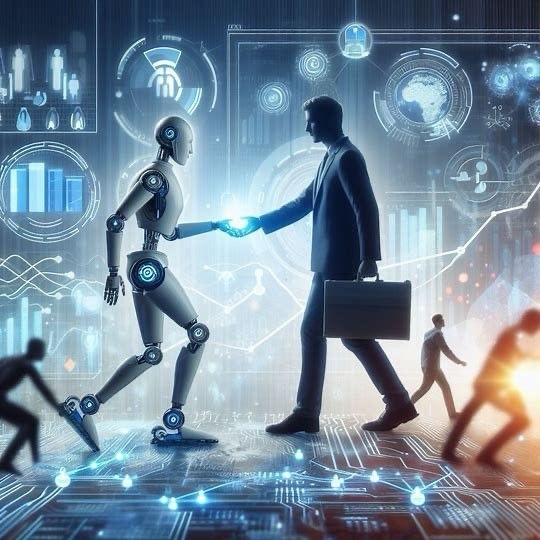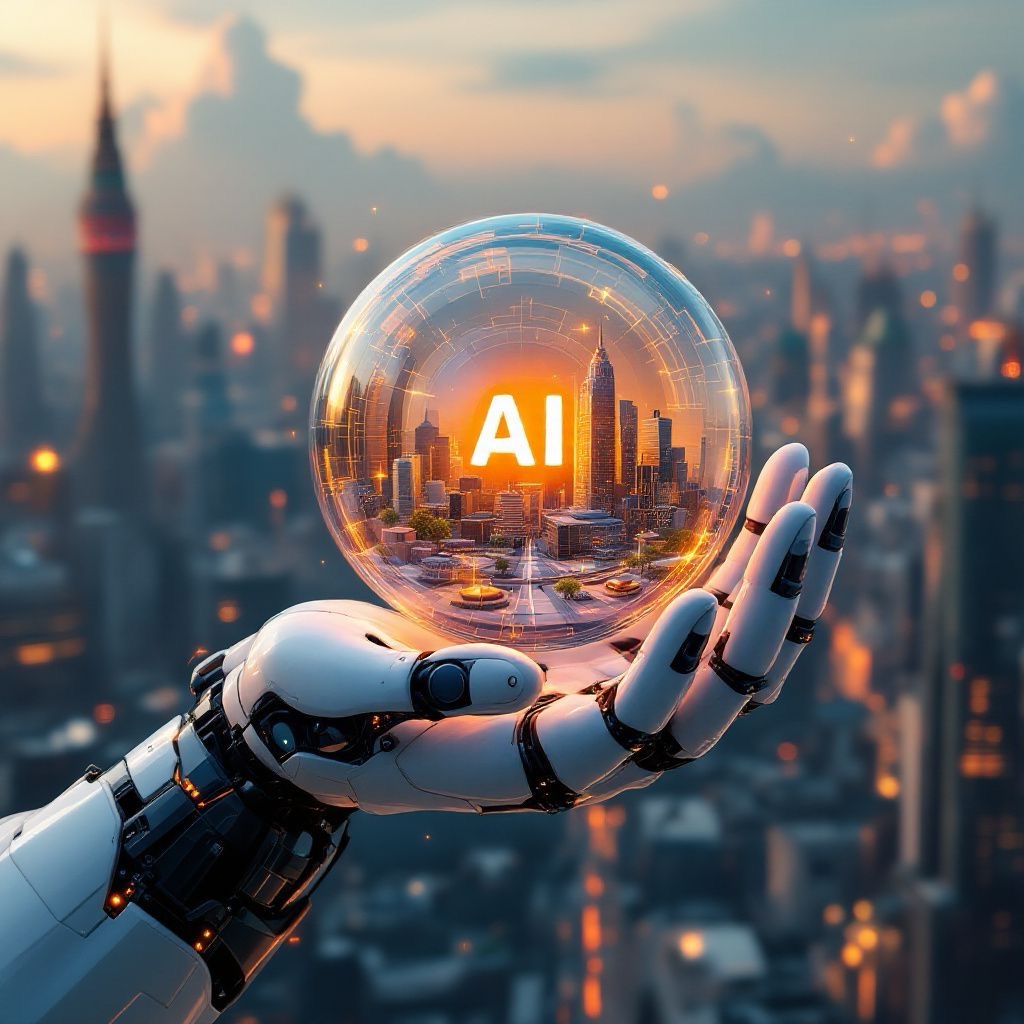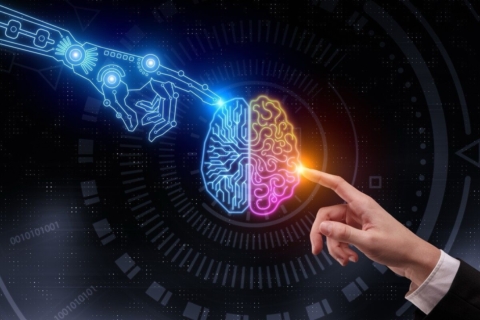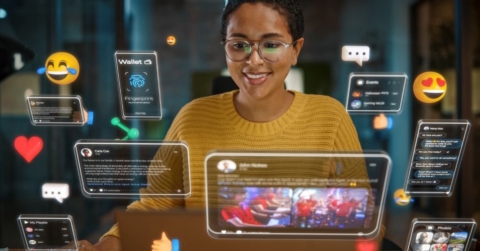As we approach 2025, Artificial Intelligence (AI) is poised to revolutionize numerous aspects of our lives. One key development to expect is the emergence of Artificial General Intelligence (AGI), which could be achieved as early as 2025. This breakthrough will enable AI systems to perform any intellectual task that humans can, marking a significant milestone in AI research. Moreover, AGI will have far-reaching implications for various industries, leading to unprecedented levels of innovation and transformation.
AI will continue to transform industries such as healthcare, finance, and education, leading to increased efficiency and innovation. In healthcare, AI will improve diagnosis accuracy, personalize treatment plans, and streamline clinical workflows. In finance, AI will enhance risk management, detect fraudulent activities, and optimize investment strategies. In education, AI-powered adaptive learning systems will provide personalized education, improving learning outcomes and increasing student engagement. As AI transforms these industries, we can expect improved services, increased productivity, and enhanced decision-making.

Human-AI collaboration will become more prevalent, enabling humans and AI systems to work together more effectively. This collaboration will lead to increased productivity, improved decision-making, and enhanced creativity. In the workplace, humans and AI systems will work together to analyze complex data, identify patterns, and make informed decisions. As human-AI collaboration becomes more widespread, we can expect to see significant improvements in various industries and aspects of our lives.
However, this growth will also raise concerns about AI ethics and responsibility. As AI becomes more integrated into our lives, there will be a growing need to address ethical concerns and ensure that AI systems are developed and used responsibly. Key ethical considerations will include bias and fairness, transparency and explainability, and accountability. To address these concerns, governments, organizations, and individuals must work together to establish clear guidelines and regulations for AI development and deployment.
AI will significantly impact the job market, automating some jobs while creating new opportunities in AI development and maintenance. While AI may replace some jobs, it will also augment human capabilities, freeing us to focus on higher-value tasks that require creativity, empathy, and problem-solving skills. To prepare for this shift, it’s essential to invest in education and retraining programs that focus on developing skills that are complementary to AI.
AI-powered education will become more widespread, enabling personalized learning experiences and improving educational outcomes. AI-powered adaptive learning systems will adjust the difficulty level of course materials based on individual students’ needs and abilities. AI-powered virtual tutors will provide one-on-one support to students, offering real-time feedback and guidance. Moreover, AI-powered education will make learning more accessible for students with disabilities, language barriers, or limited access to resources.
Lastly, generational differences will influence AI adoption, with varying levels of comfort and familiarity among different age groups. Millennials will likely be early adopters of AI-powered consumer products and services. Gen Z will expect AI to be integrated into their daily lives, from education to entertainment. Gen Alpha will grow up with AI as a normal part of their lives, expecting seamless interactions with AI-powered systems. As AI becomes more pervasive, it’s essential to consider these generational differences and design AI-powered products and services that cater to diverse needs and preferences.







